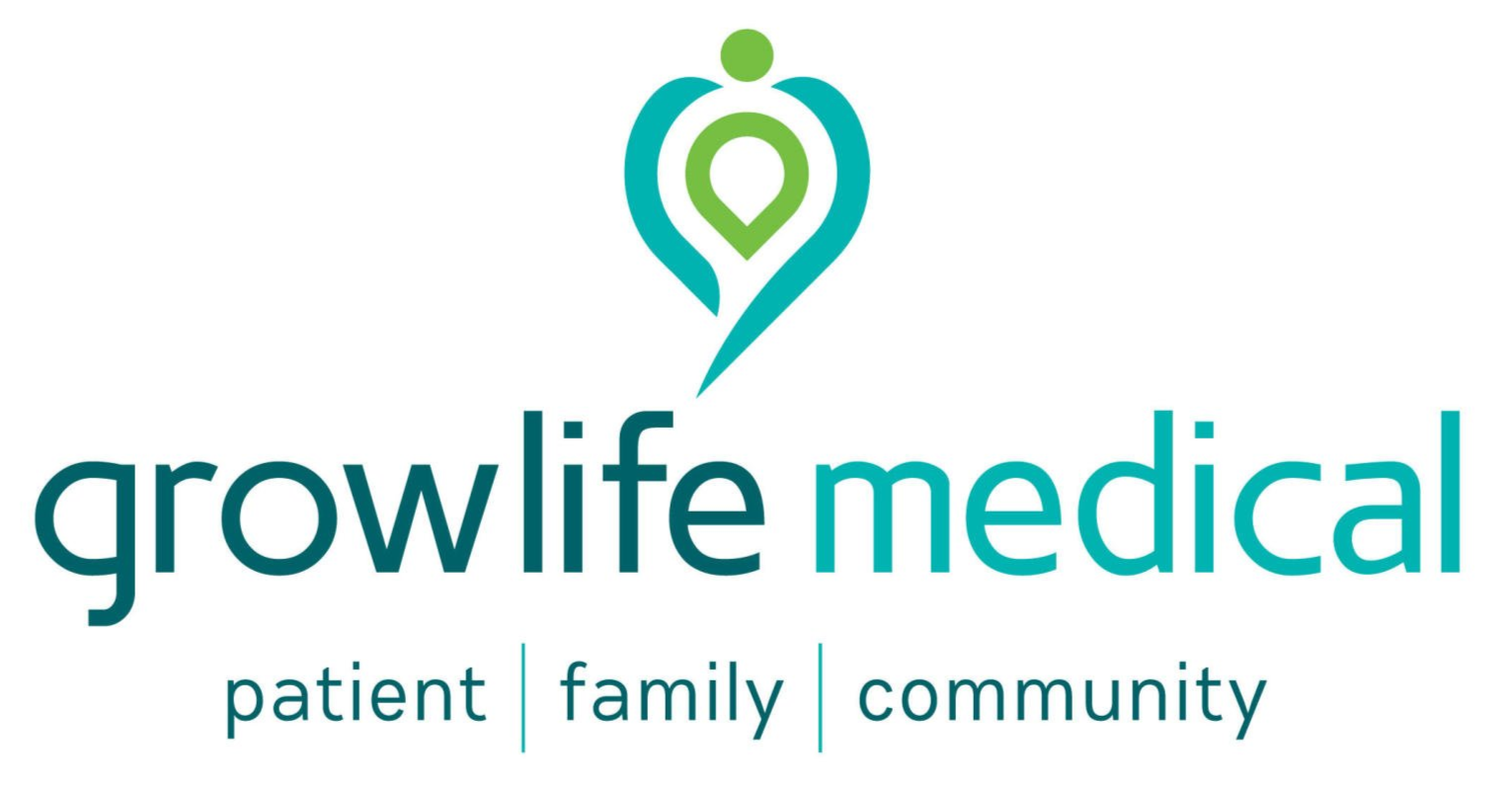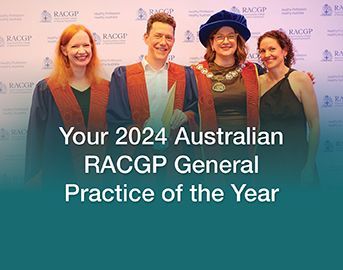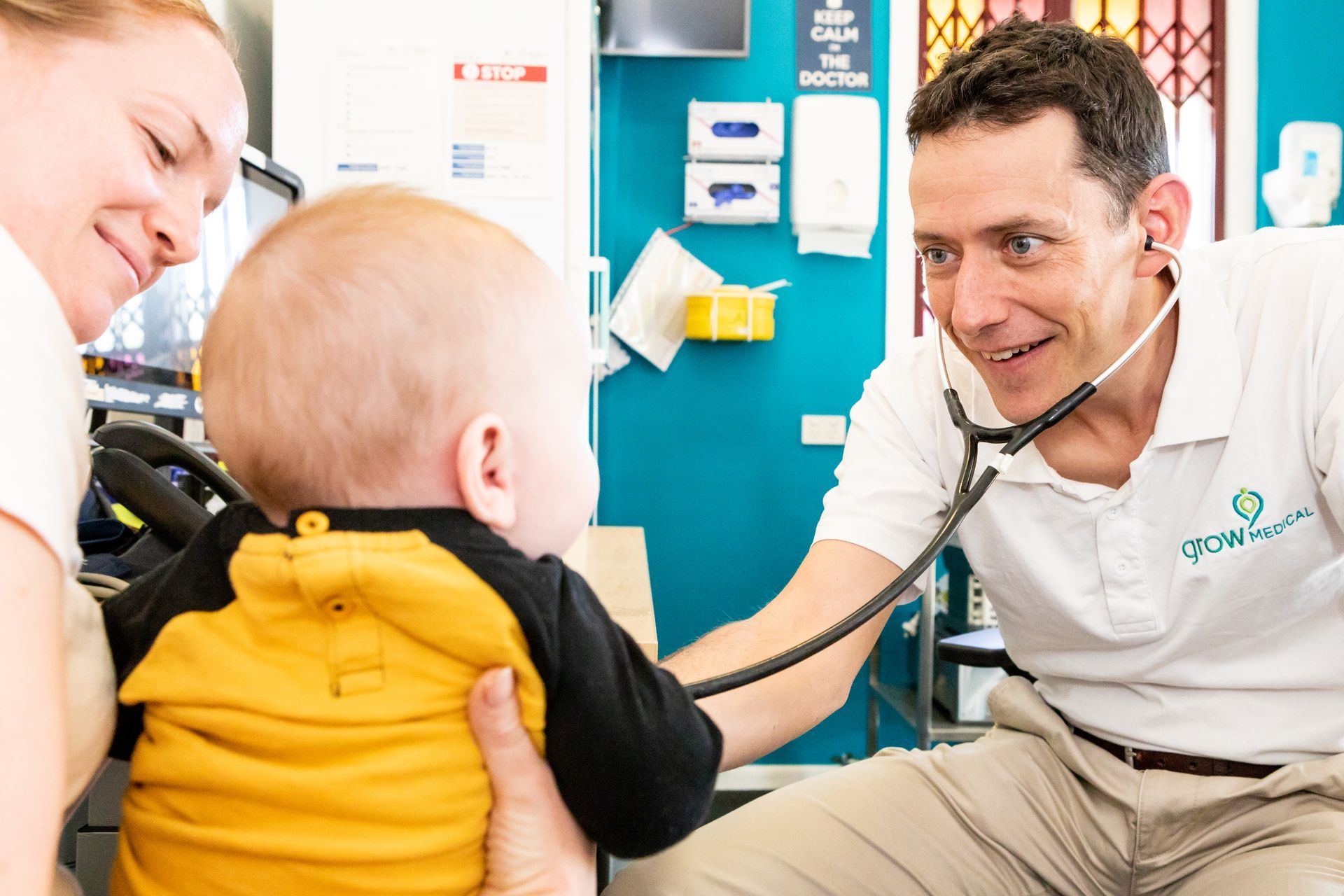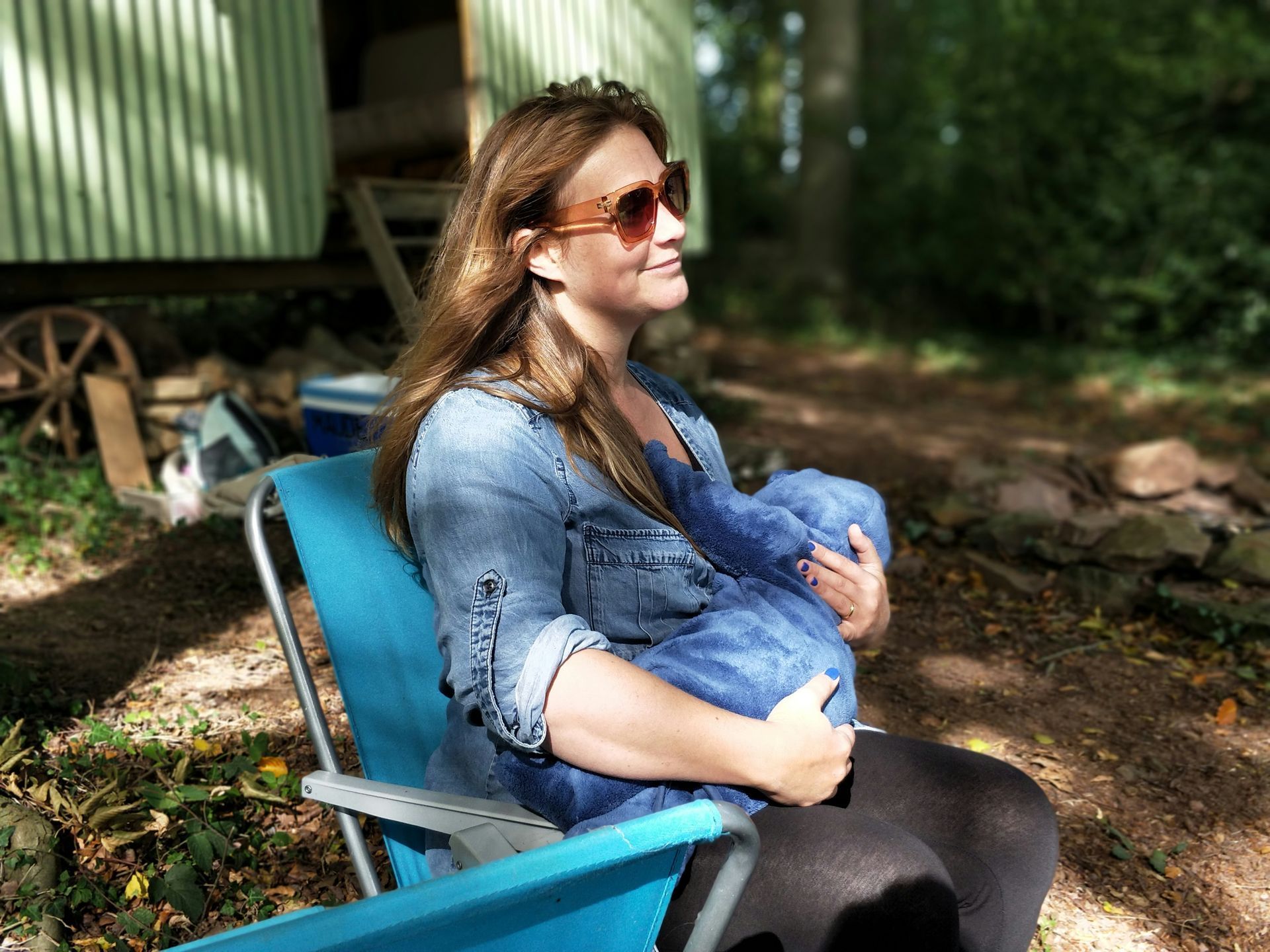Blog

Bringing a newborn into the world is a life-changing and exciting experience – but it can also be overwhelming. With the focus on feeding, sleeping routines, and endless nappy changes, it’s easy for new parents to place their own health on the back burner. However, caring for yourself is just as important as caring for your baby. Maintaining good physical and mental health as a new parent ensures you have the strength and resilience to nurture your growing family! Why Nutrition Matters for you – For both Mum and Dad It’s completely normal to feel totally overwhelmed upon bringing home your newborn. Both mum and dads face unique postnatal challenges: Poor sleep quality and quantity Low mood and energy levels Burnout Baby brain and less time/capacity to cook Trying to multitask with one (or two!) hands out of action Navigating return to work Juggling family and work responsibilities Changing family dynamics When your baby is your whole world, it’s easy to put your own needs last. This means focusing on your nutrition needs might drop right down your priority list, and you might not have the brain space to think about your health at all. That’s why we are here! The truth is caring for your health is just as important as caring for your bub. When you’re physically and mentally well, you’re in a better position to show up for your little one! Good nutrition is integral for: Boosting your immunity – you don’t want to catch a cold and pass it on to bub! Improving your mood and energy levels – yes, that’s right, food does influence your mood. Establishing healthy routines for your growing family – you are your child’s first role models (no pressure!). Everyday Nutrition Tips for Tired Parents Time and energy are often in short supply – so here are five realistic and practical ways to nourish yourself, even when things are feeling chaotic: Preparing simple meals or snacks during bub’s nap : Assemble simple snacks like veggie sticks with hummus, cheese and crackers, or try batch-cooking and freezing easy meals for later. A little time now saves stress later! Keep one-handed snacks handy: This one is perfect for when you’re holding or breastfeeding bub. These snacks help avoid you skipping meals while you’re busy taking care of bub. Try yoghurt pouches, muesli bars, Up and Go drinks, or fruits like bananas. Use click-and collect or get groceries delivered: Skip the supermarket stress by ordering online. It saves time, while allowing you to still ensure fresh and healthy foods are on hand. It also helps reduce the temptation of frequent takeaway meals! Create a “go-to” meal list : Pick 3–5 quick meals you can prep in under 15 minutes using pantry or freezer staples. Stick the list on your fridge or phone to save time and brainpower during busy days. Here are some of our ideas: - Eggs on toast with tomato/avo/spinach for breakfast - Pulled chicken/ham and salad wrap for lunch - Microwave rice with frozen veggies and canned salmon for dinner 5. Smart option for sweet cravings (especially if you’re sleep-deprived!): Poor sleep can lead to sugar cravings, so try healthier sweet alternatives like: - Diet jelly or low-sugar lollies - Diet cordial or protein smoothies like Rokeby Farms - Chocolate-coated strawberry yoghurt clusters (See recipe below!) 🍓 Easy Chocolate-coated strawberry yoghurt clusters Recipe You’ll need: Strawberries (or other fruits like blueberries or mango) Greek yoghurt Honey Chocolate chips Olive or coconut oil Steps: Dice the fruit and mix with yoghurt and a drizzle of honey. Scoop spoonfuls onto a lined tray and freeze for 30–45 mins. Melt the chocolate with a little oil and dip the frozen clusters. Return to the freezer until set. Enjoy as a quick snack anytime! Beyond the plate - Supporting Your Wellbeing as a New Parent While nutrition plays a huge role in maintaining your health as a new parent, there are also many other factors we mustn’t forget. It is important to carve out space for other activities that contribute positively to your health, otherwise, they simply won’t happen! Parenting is a tricky balancing act, isn’t it... We hope these five tips might help: Make rest a priority: S et aside time to relax and take naps whenever possible. Incorporate gentle physical activity: You might want to try walking your baby in a pram or squeezing in a workout while bub is asleep or occupied with toys. If possible, you could join a postnatal physiotherapy class. Attend regular postpartum checks-ups: This can help track your recovery and provide an opportunity to discuss any physical or emotional concerns with your healthcare provider. Share the load with your partner: Be sure to divide household roles so one person isn’t left doing it all. Parenting is a team effort! Social connection matters: Isolation can affect your mood. Consider joining a parent group or catch up with friends for walks or coffee. You’re also welcome to join our Growlife Parents G roup . Talking to other parents can reassure you that you're not alone and offer helpful parenting tips. Need guidance on postnatal/parental nutrition? Speak with our GPs and/or dietitian to make sure your diet supports your recovery and meets your needs while caring for your baby. Disclaimer It is important to note that the above information is very generalised. Please consult a healthcare professional for further personalised support.

We are thrilled to announce that Growlife Medical has won Queensland General Practice of the Year for 2024, awarded by the Royal Australian College of General Practitioners (RACGP). Growlife Medical co-founder Dr Aaron Chambers said he was thrilled to accept the 2024 award. “This is an amazing testament to all the hard work and dedication to our community that every Growlife member provides every day. This award is a tribute to our purpose at Growlife Medical, which is to support individuals, grow stronger families, and create Australia’s healthiest communities. “General practice is a team sport, and it is just so rewarding to work with a team who have a shared vision and a culture that is all about patient care, and thinking outside out clinic walls to focus on delivering for our local community,” he said. Growlife Medical will now go into the running to be the national award winner, to be announced in November 2024. Growlife Medical was founded in 2017 in Brisbane by a GP and Paediatric Nurse / Midwife couple, with a vision for a better model of collaborative general practice. As a proudly local, family- and clinician-owned medical practice, Growlife Medical exists to serve their Brisbane community – not corporate shareholders. By supporting families in a patient-centred fashion, Growlife Medical strives to grow a connected community around the practice and create Australia’s healthiest communities. Thank you to our patients, community, and to every single person who chooses to work at Growlife Medical. We couldn't have done it without you!
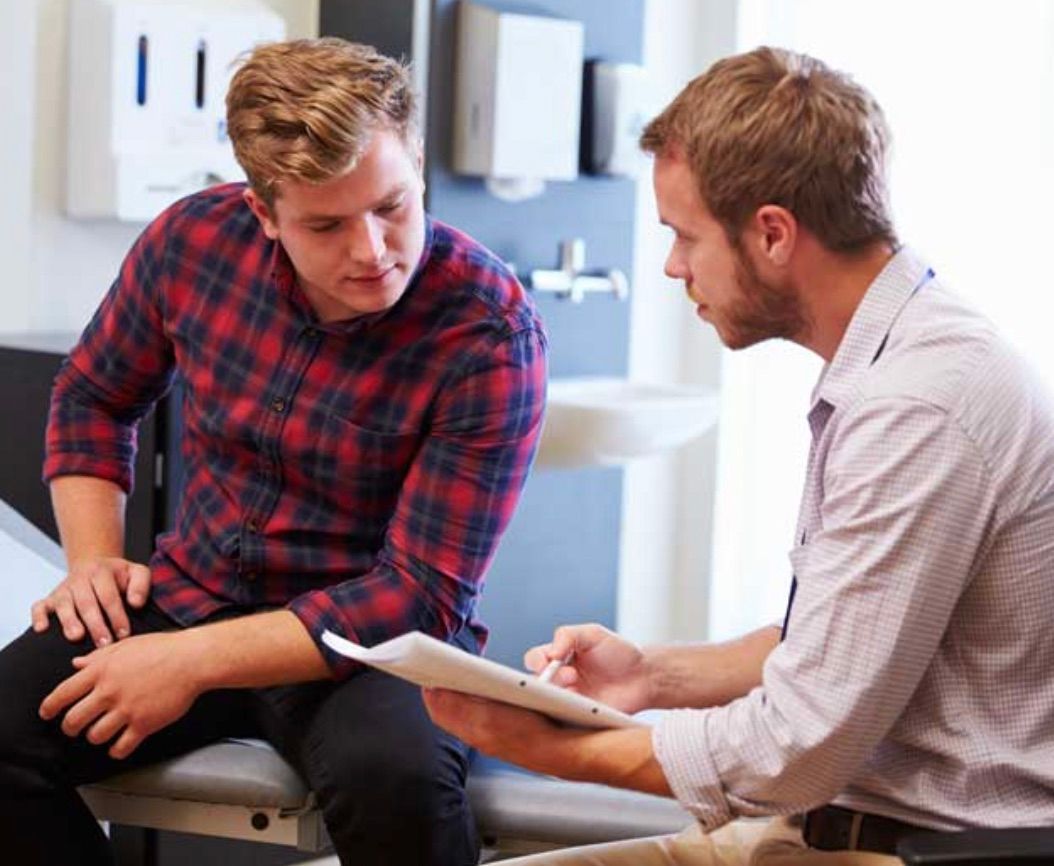
Introducing the Growlife Medical Population Health team... Did you know we think about you and your health, even when you aren’t here? In this article we hope to offer you some behind-the-scenes insight into how we do this. We are proud of this work, having recently won a national award for patient-centred care. At Growlife we are lucky to support many fantastic GPs to do great work. We believe that a partnership between this personalised care, coupled with the use of data to prompt the care you need, creates a little bit of magic and a healthier you.
